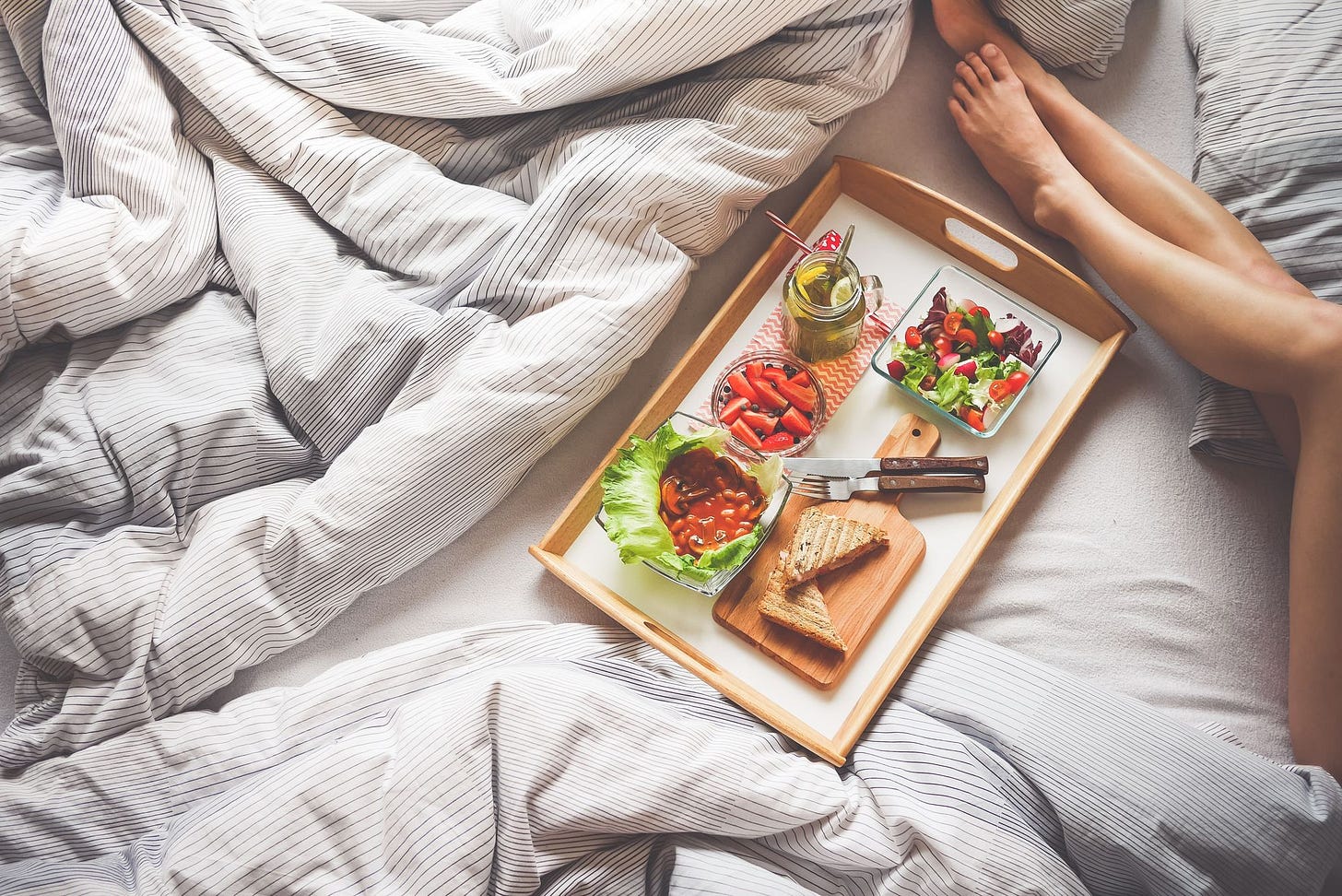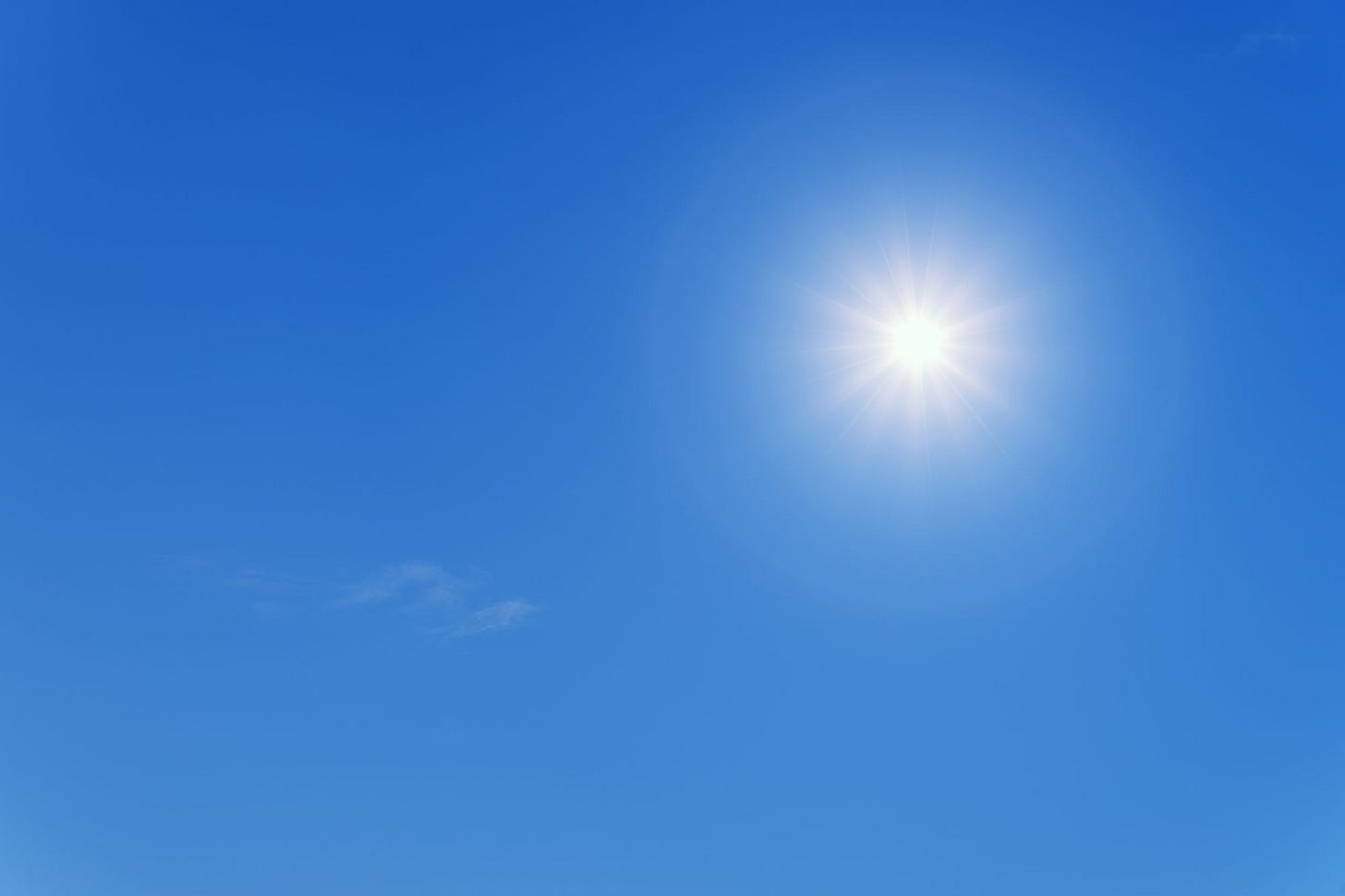I tried… sleeping better
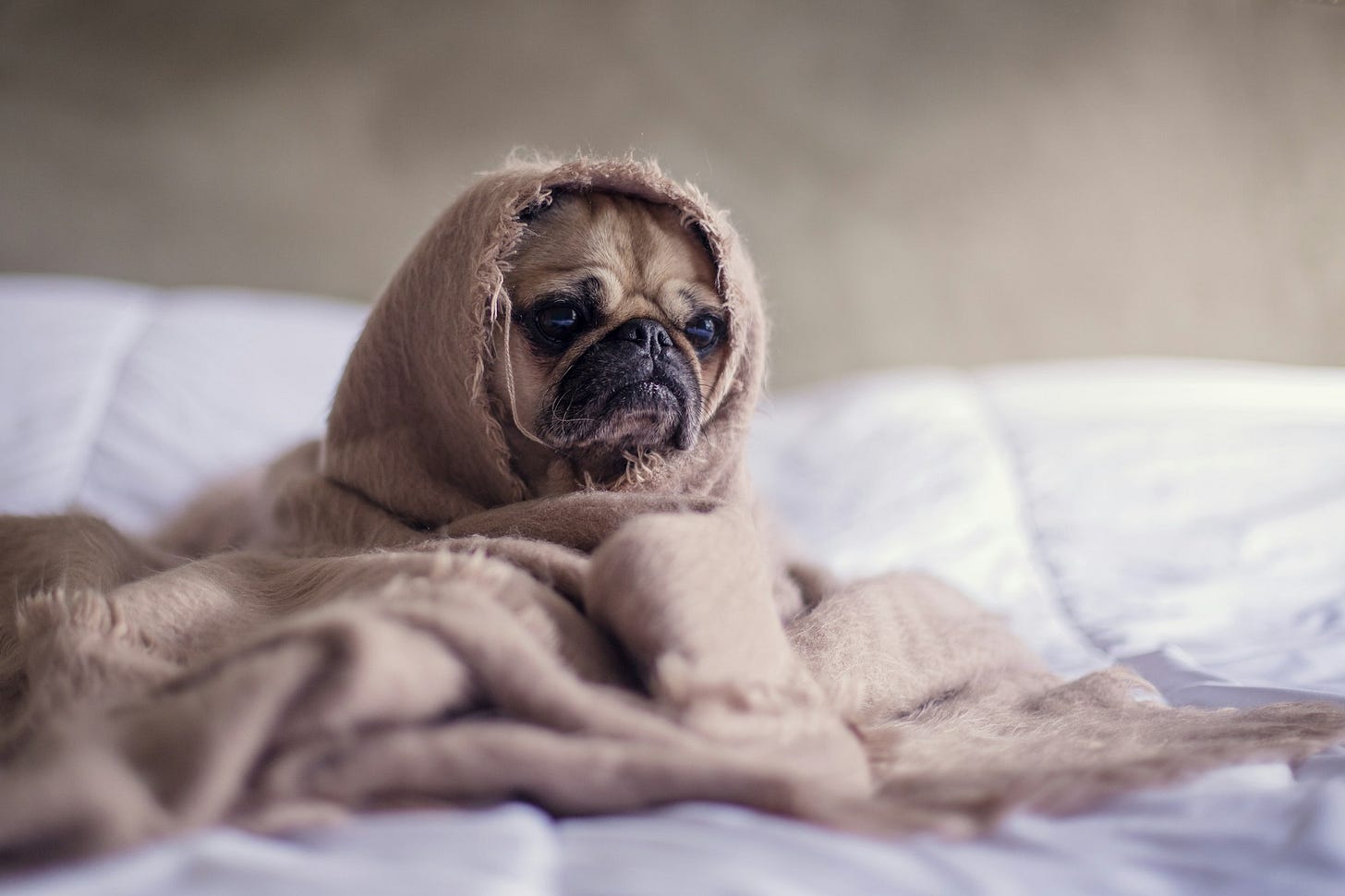
Why sleep better?
This time rather than exploring a new food group, I decided to give my stomach a break(all this healthy food really gets to you!) and talk about another super important topic that affects our health more than anything else, which as you guessed is sleep. Irrespective of if you’re trying to lose or gain weight or just be healthy in general, sleep plays a crucial role. Sleeping better also unlike fixing your diet is relatively easier because we all already do it in some capacity and just by giving it that extra care we can make a huge impact. Although like fixing your diet, there’s a conscious effort required to improve it.
What are my options?
Now I am no scientist but being the health nerd that I am, last year when I started researching about sleep, I came across Matthew Walker, a scientist at UC Berkeley whose research is focused on sleep. He’s the best IMO when it comes to anything relating to sleep. So I read his book, “Why we sleep” in which he goes into great detail about sleep and how one can improve it. I highly recommend the book, if you can’t read it, at least read this. At the very end of the book, he gives tips that one can apply to improve sleep. In this post, I’ll go over these tips and share my experience with each one of them. Starting with the ones that helped me the most.
Sleep schedule
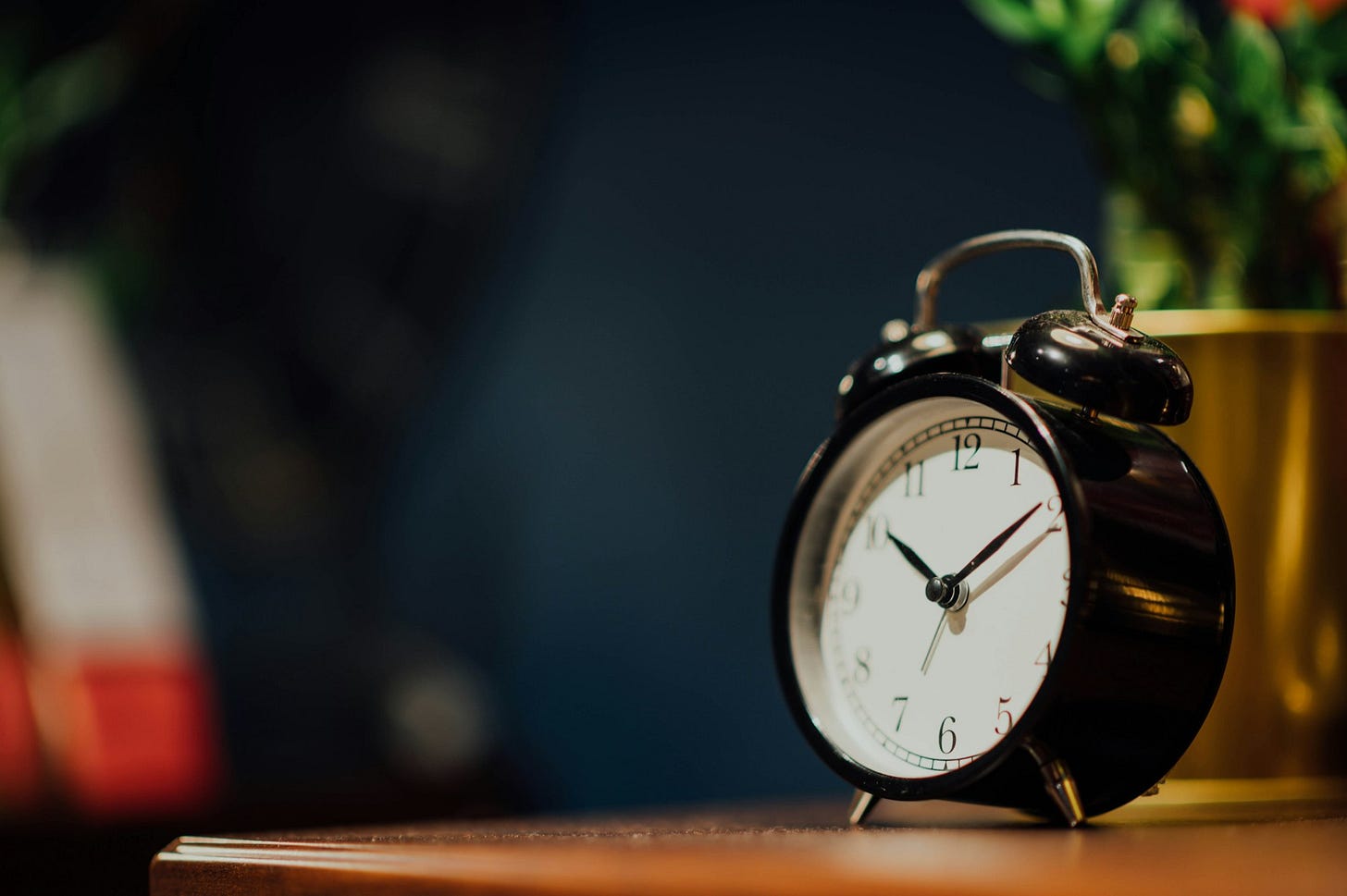
This is the most important and effective tip of all. In the book, he mentions that if you could only take away one thing from the book make this be it. Having a sleep schedule is sleeping and waking up at approximately the same time every day. Sadly this is the hardest to follow. Life happens, you may be traveling, going out, and a billion other reasons which may cause you to miss your sleep or wake-up time. But the way I look at this, yes, it’ll be perfect if you stick to your schedule all the time but I follow the 85% rule. What I mean by this is to at least have this on your mind every day, that you’ve to be in bed and up by an approximate time window and if you miss it, it’s not the end of the world. However, a major misconception that I had and I’m sure many do is that if you sleep less on a particular day you can somehow make up for that lost sleep the following day. Sadly, this is not how sleep works, according to Matthew, your best shot is to return to your original sleep schedule after this.
Meals before bed
Avoiding large meals before bed is something more people can and should incorporate. Timing, in this case, is a little subjective but I’d suggest cutting off your dinner at least 2-3 hours before bed Now this doesn’t mean you absolutely can’t eat anything after that, yes, it’s ideal if you don’t but if you’re hungry, a small snack before bed won’t cause any harm, “small” being the keyword. For me this really helped me sleep better, it’s just going to bed with a light stomach without feeling bogged down by a lot of food that helps you sleep faster and better. Having said this, this doesn’t mean you go to bed hungry, it’s more about the timing, not necessarily the quantity.
Wind-down routine
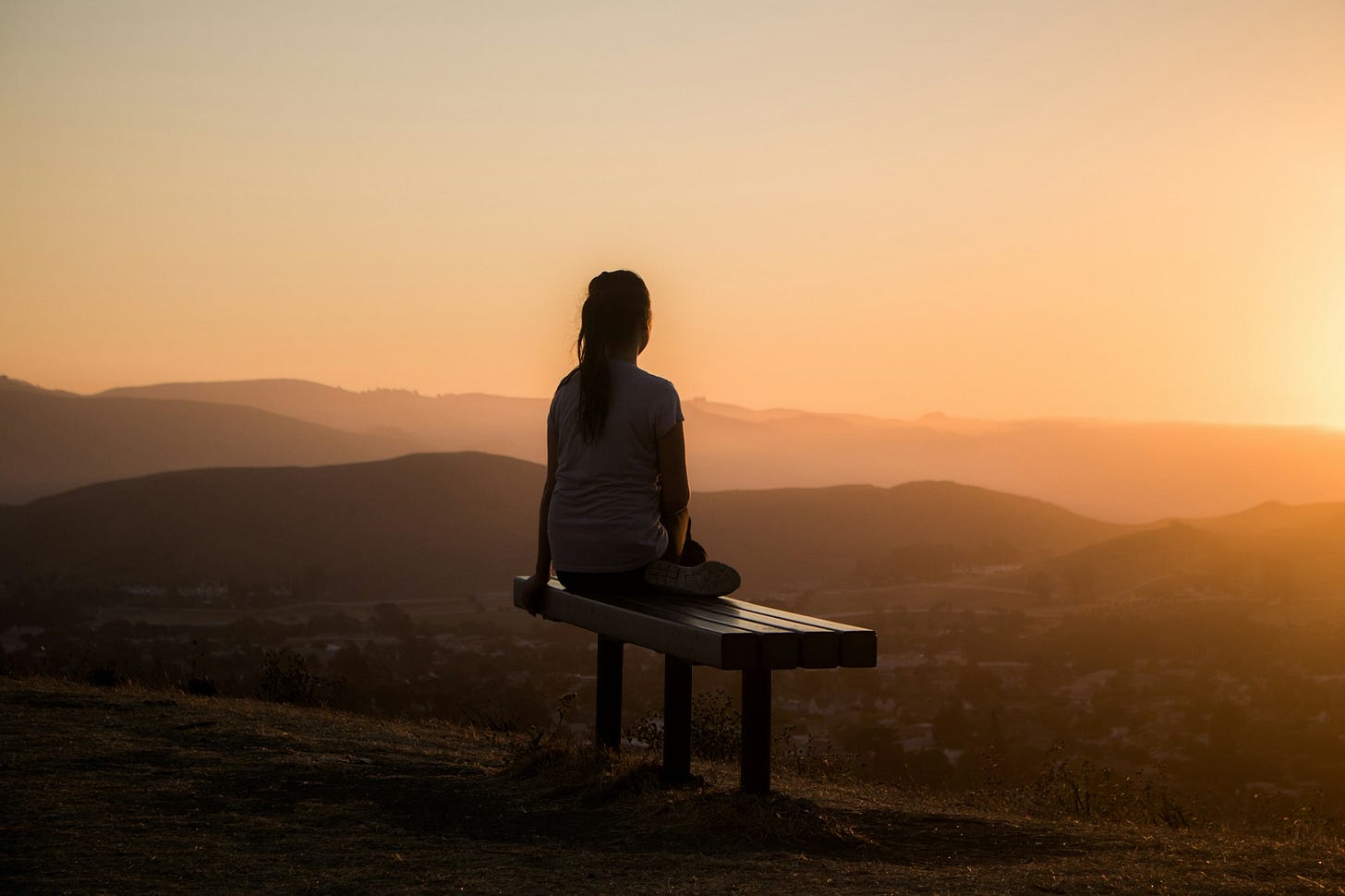
Having a wind-down routine not only makes sense intuitively but also is proven to improve sleep as mentioned in the book. It’s just prepping your body for the long bout of rest by doing some calming activities. Playing violent video games, working out or any activity which gets you pumped up is not the best to do before bed. The good thing is that it’s your routine and you can pick any activity that you consider to be calming, even if it’s playing video games which I’d be surprised but that’s your call. Some common ones are listening to music, meditating, or reading a book. I choose the latter, where I read for around 30-45 minutes every night before going to bed. I also found this to be helpful because it lets me center my thoughts on something particular rather than having my mind run around thinking about a billion things.
Bedroom environment
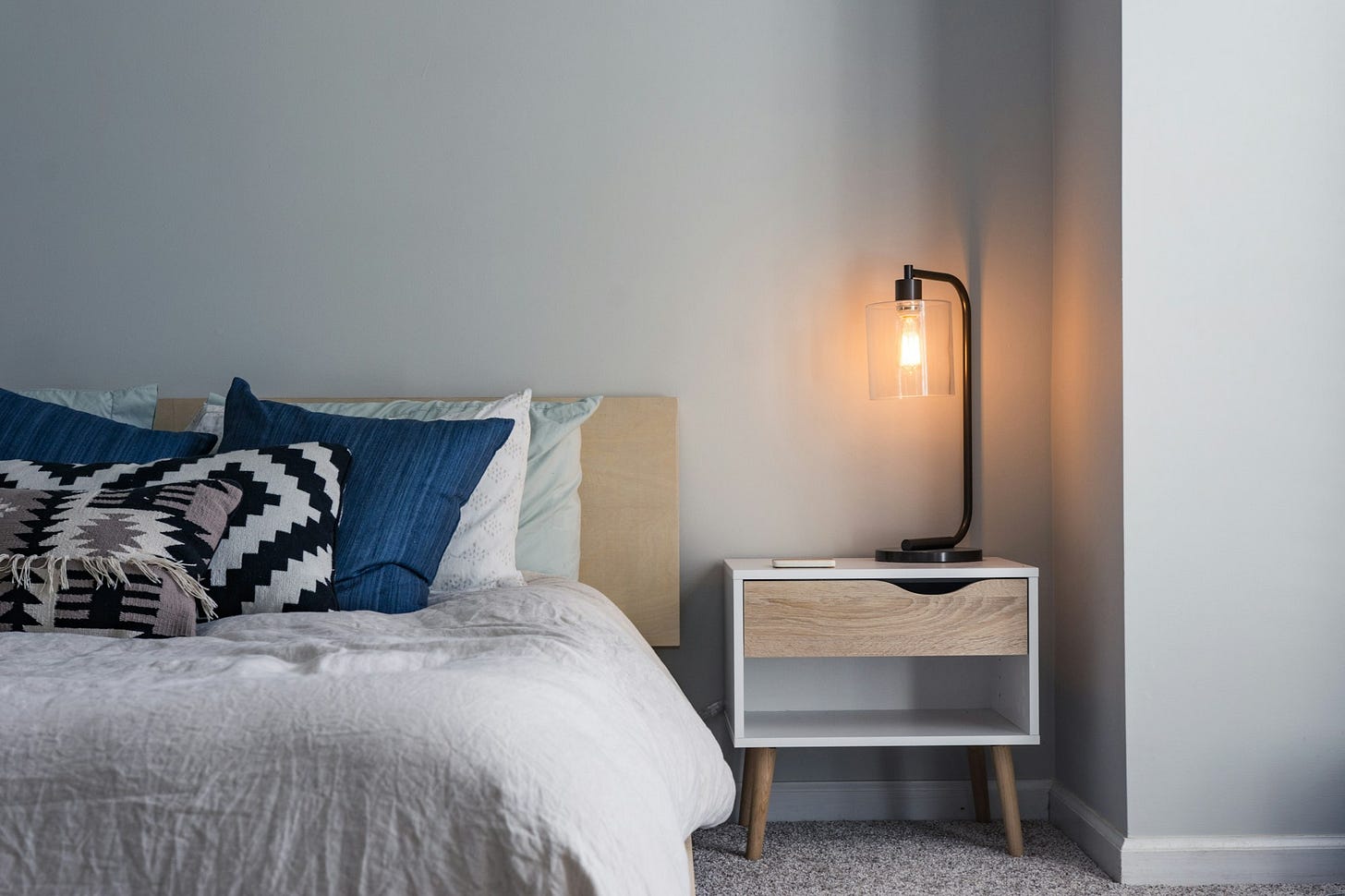
You need a particular environment for optimal sleep, the book recommends a dark, cool, and gadget-free environment. Let’s break these down one by one, starting with a cool environment, it is a proven fact that we all sleep better at cooler temperatures, although the exact temperature varies for every individual, in my experience this improved my sleep quality (deep sleep) by a significant amount and yes I did track my sleep, more on that later. Having a dark room is also recommended, if you do want to have some light, I’d say make sure it’s dim and red. Lastly, the most difficult to implement is to have a gadget-free room, now again this is ideal but I’d say make sure your phone is at a good distance when you sleep so you don’t check it and are blinded by the light. A key point mentioned in the book which I found to be helpful is to not have a clock where you can look at the time. Now, this is helpful because many times when you’re not able to fall asleep, the first instinct is to check the time which causes to create extra sleep pressure and making it even harder to fall asleep. This ties in with another recommendation which is to not lie in bed awake for a long time but to rather repeat or resume your wind routine.
Sunlight exposure
This is very counter-intuitive but it helps with setting your sleep schedule which if you recall is the most helpful remedy to better sleep. Sunlight exposure preferably in the first 30 mins after you wake up seems to help the most and frankly is the easiest to add to your morning routine(unless you’re in Norway).
Hot bath

Taking a hot shower before bed helps reduce your core body temp which in turn helps you sleep faster and better. However, this is kind of inconvenient if you don’t shower before bed already. For me, although this did help me sleep faster, I couldn’t stick to it, just because of the extra task this added to my day, and also I prefer to shower in the morning. A workaround that I implemented is rather than taking a shower, I use warm water to wash my face, hands, and feet before bed which although doesn’t work as well but hey it’s all about sticking to it and this I could stick to easily.
Honorable mentions
Caffeine cut-off around minimum of 6-8hrs before bed.
Avoiding naps later in the day, again 5-6hrs before bed time.
These are two other mentions from the book that I couldn’t experiment with as I don’t consume caffeine at all and nor am I a daytime napper.
Tracking your sleep

Now, this is not mentioned in the book but I wanted to address this since I did give this a try. I tracked my sleep for around a year. My two cents are that yes there are talks about these not being super accurate and reliable which although is true but if you use a decent tracker it should get at least the basics right like the number of times you woke up or REM sleep(deep sleep where there’s no movement at all). So it does help get a rough reference that can be compared from day to day to get a rough idea. This will also help to see if the changes you made helped or not. How you feel the next day is more important and accurate though. Now should you go get a sleep tracker? If you’re a nerd about it like me then yes but I wouldn’t go out of the way for one, but if you have one lying around as most do, then do give it a try for a week to see what your numbers look like.
My experience
Pros: Sleep is one of the foundational pillars of your health, having a good night’s sleep can go a long way in helping with your fitness goals, stress, mood, productivity, and so on (more here). But here’s the good part, as mentioned earlier improving your sleep doesn’t require a lot, you don’t have to spend a lot of money or time, just a conscious effort is enough and that’s where some of these tips may come in handy guiding the light.
Cons: For some of these there’s a disbalance between effectiveness and practicality. The highly effective ones like having a fixed sleep schedule are the most difficult to stick to and here’s where my suggestion would be to do the best you can and also prioritize your sleep at times, your body will thank you later.
Verdict
Ever since I’ve read the book and started to be more cautious about my sleep, I’ve noticed many benefits and improvements from little things like not feeling drowsy during the day to bigger things like my improved health, and physique. Now it’s difficult to pinpoint exact improvements but over time you do notice these. So as always, I’d highly recommend you to try out some of the mentioned tips to give your sleep the importance it deserves.
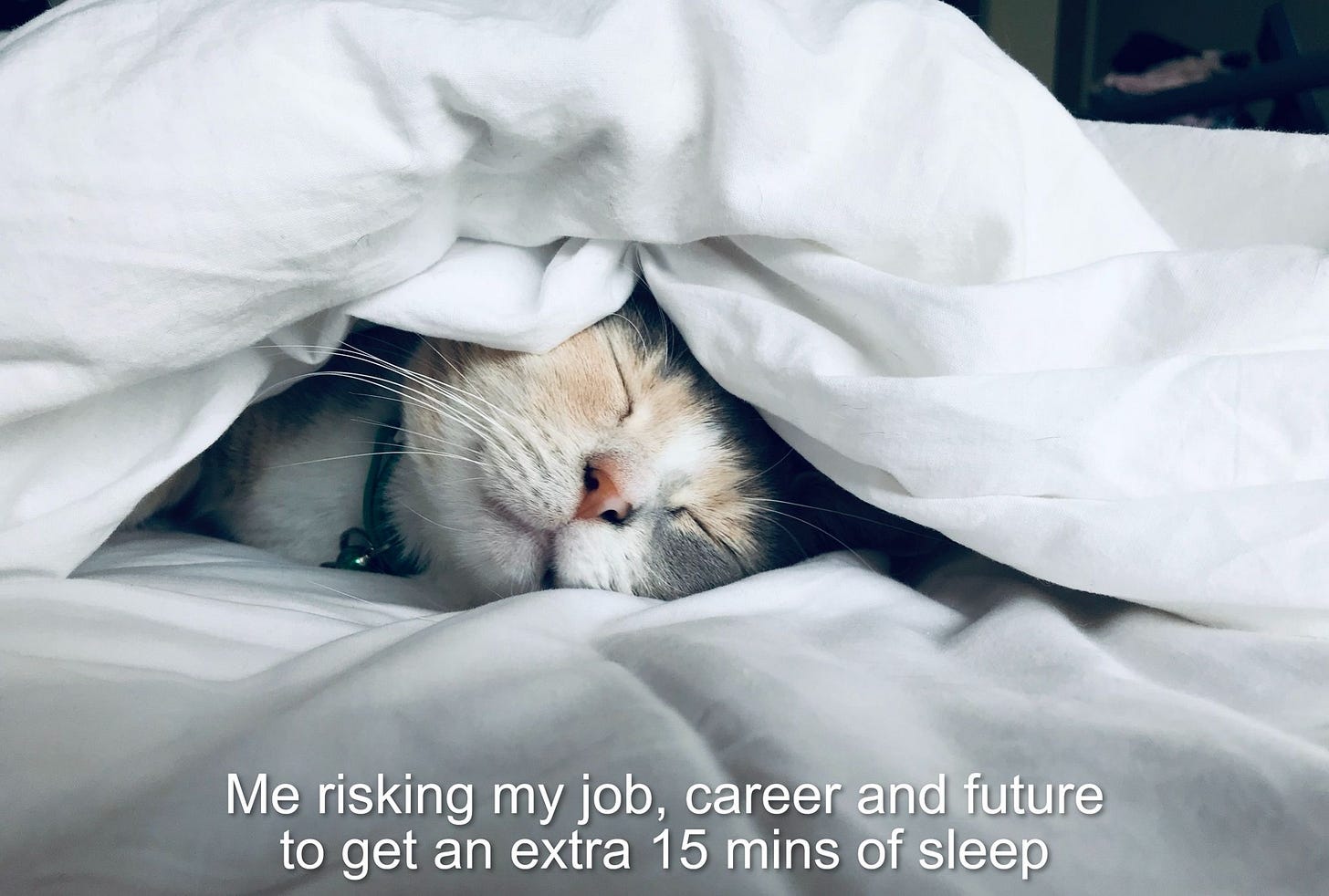
Thanks for stopping by. Let me know your thoughts and what other categories you would like me to talk about. Have a great day!


